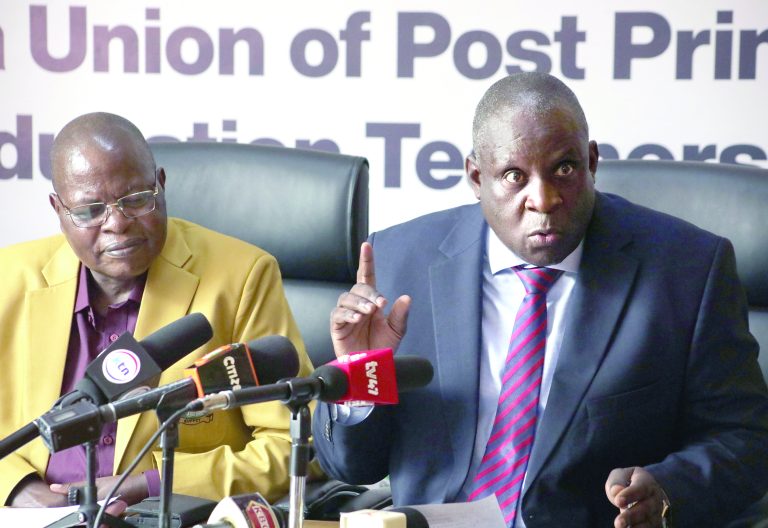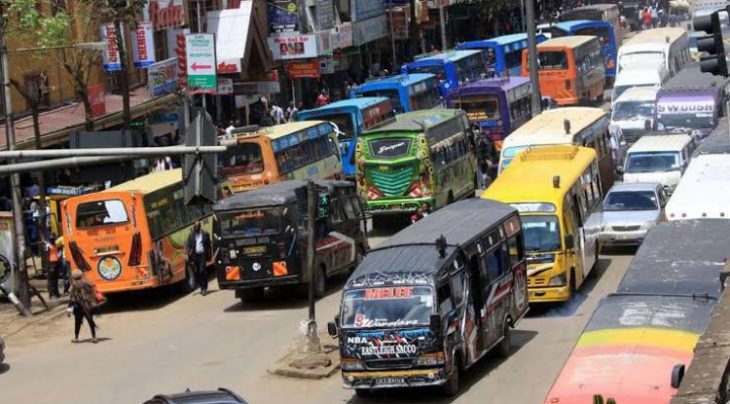Kuppet rejects proposal to reduce hardship perks

The Kenya Union of Post-Primary Education Teachers (Kuppet) has opposed a proposal to slash teachers’ hardship allowances.
The union termed the move illegal, premature, and devoid of public participation.
The proposal, which aims to de-gazette some of the 44 regions currently recognised as hardship zones by the Teachers Service Commission (TSC), was recently tabled in Parliament by Prime Cabinet Secretary Musalia Mudavadi.
According to Mudavadi, the policy change is expected to save the government Sh6 billion from the Sh25 billion spent annually on hardship allowances.
While addressing the press, Kuppet Secretary General Akelo Misori criticised the plan, arguing that it is based on an unreleased report by an Inter-Agency Technical Committee under the Ministry of Public Service, Performance and Delivery Management.
“The report has not been gazetted nor made public and therefore cannot be the basis for such a significant policy change,” Misori said.
He called on the Prime Cabinet Secretary to publish the report and open it to scrutiny by education stakeholders.
Misori emphasised that the current classification of hardship areas is legally defined and based on clear benchmarks established by the Kenya National Bureau of Statistics. These include access to food, water, transportation and communication infrastructure, availability of social services, climatic conditions, terrain, security, and poverty levels.
He noted that any reduction in hardship allowances must be justified by empirical improvements in conditions of life across all seven benchmarks. Instead, he argued, conditions have deteriorated in many areas due to increased insecurity and marginalisation.
Kuppet further pointed out that Parliament has already received and considered several petitions from affected communities seeking recognition as hardship areas. These include Chepalungu in Bomet, Chonyi in Kilifi, and Nyatike West, North, and South, as well as Rachuonyo North in Migori County. Additional petitions, such as one for Kalama in Machakos County, are still pending before the National Assembly.
Misori stated that hardship allowances are protected by law.
“A minister cannot take away a benefit that he did not give in the first place.”
Kuppet urged the Ministry of Public Service to pursue any desired changes to hardship allowances through legal avenues and proper public participation.
“We call on the government to follow the law and consult widely before implementing such far-reaching decisions,” Misori added.
Last Wednesday, Mudavadi told the National Assembly that the updated review showed that many areas once considered hardship zones have changed.
The Inter-Agency Committee found that devolution triggered notable improvements in infrastructure and public services in various regions.
“The review showed that some regions initially listed as hardship zones have changed due to devolution,” he said.
Currently, the civil service and related agencies recognise 16 hardship zones, while TSC lists 44, and the Judiciary 21.
This mismatch has caused confusion and disparities, with workers in the same region receiving unequal benefits depending on their employer.











